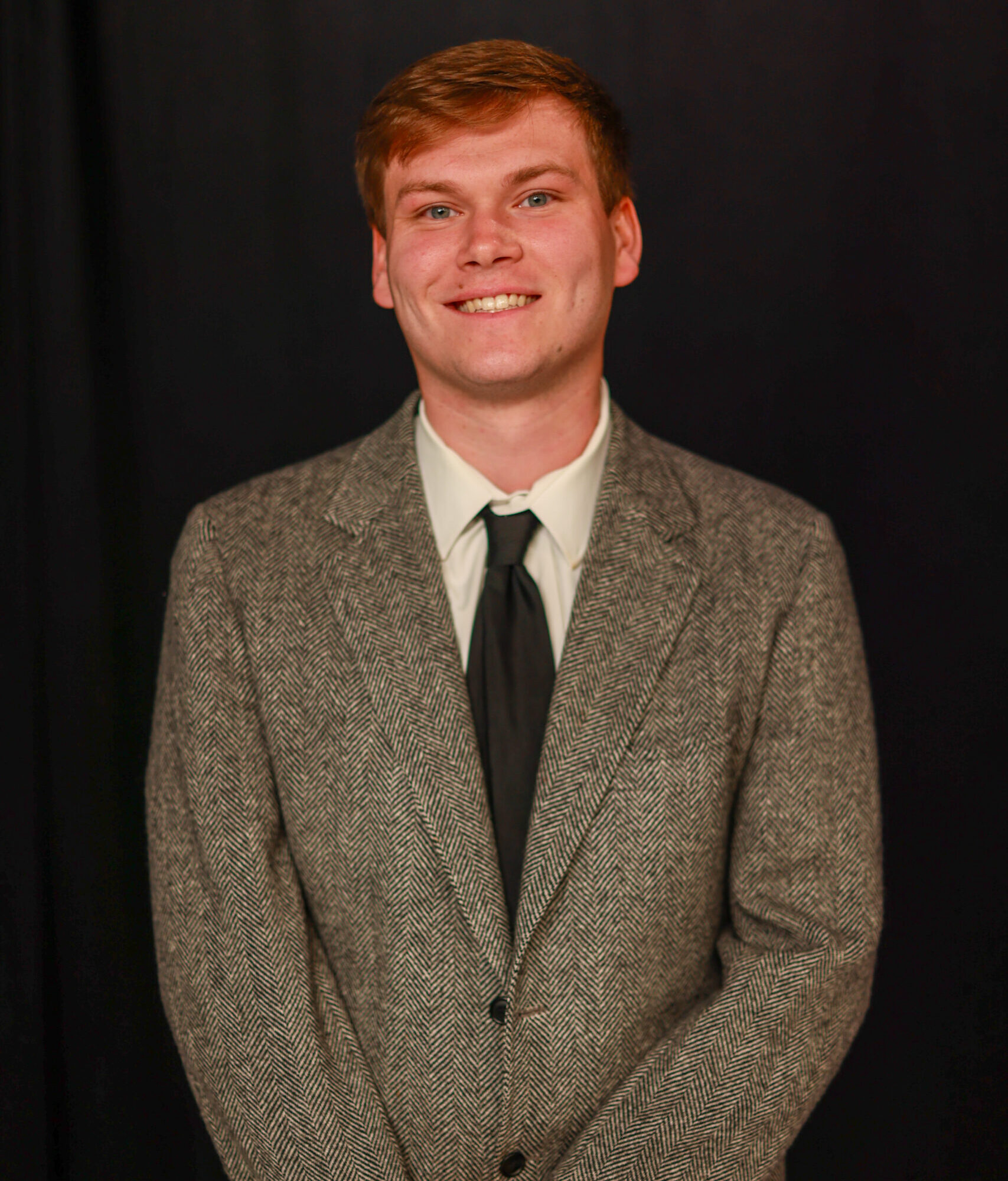Jacob Elordi, the famed “Euphoria” and “Saltburn” star, is under police investigation after he allegedly assaulted a radio producer in Sydney, Australia.

According to radio producer Joshua Fox, Elordi “[got] up in [Fox’s] face” and “[demanded] [he] delete the footage” after Fox had recorded the interaction of him asking Elordi for some of his bathwater, a joke related to an infamous scene from “Saltburn.”
After Fox refused to delete the video, Elordi allegedly pushed Fox and put his hands around Fox’s throat.
While Fox is not technically a member of the paparazzi, the interaction between him and Elordi is similar to a paparazzi/celebrity interaction. Fox and Elordi were not in a staged interview setting and the conversation was unprompted.
The question Fox asked was also seen as offensive to Elordi. Offensive questions are another staple of the paparazzi.
Almost all interactions between the paparazzi and celebrities are negative, and, as seen with Elordi, sometimes dangerous.
Another instance of danger with the paparazzi is when a large group of paparazzi were taking several flash photography photos of Tobey Maguire as he was trying to exit a parking garage. After Maguire tried asking the paparazzi to move several times with no success, the interaction resulted in Maguire shoving his car door into the group and screaming that he could not see.

Because of the popularity of the Sam Raimi “Spider-Man” movies and Maguire’s return in the recent “Spider-Man: No Way Home,” this video has become one of the most well known examples of what the paparazzi does.
Occurrences like the Maguire incident often establish two thoughts: the celebrity was in the wrong, or the paparazzi were in the wrong. While the paparazzi were putting Maguire in potential danger, some may find physical assault a poor solution. Maguire’s other interactions with the paparazzi has even led fans to dub him the name “Bully Maguire,” a name based off of his character in “Spider-Man 3” that originated in a parody of the “Avengers: Infinity War” trailer.
The transforming of celebrities from heroes to villains often appears to be the main goal of the paparazzi. TMZ, the tabloid news organization most often associated with the paparazzi, advertises “Hollywood Gossip” on their website, suggesting a possible bias and unprofessional quality to their organization.

On their website’s “about” section, TMZ claims they “altered the entertainment news landscape by changing the way the public gets its news.” What this really means is they get their information directly from their subjects, even if they have to do it in a negative and often inhumane way.
One of the most controversial TMZ “interviews” was when one of their photographers kept following Jonah Hill when he clearly didn’t want to be on camera. Hill continued to ignore the photographer, but as the photographer was leaving, Hill made homophobic remarks toward the photographer.
Despite the problematic way the paparazzi attempted to get the news on Hill, it was Hill who was given flack because of the interview. Shortly after the incident, Hill publicly apologized on “The Tonight Show Starring Jimmy Fallon.” While his apology seemed sincere, he did not let the photographer go unnoticed. “There was a paparazzi guy, and he was antagonizing me and calling me names,” Hill said. “[He] attacked me personally and my family personally, and I was genuinely hurt by this and made angry by this. . .”
While the paparazzi may feel their method of news gathering is innovative and intimate, there clearly have been several instances where their interactions have had negative effects; however, because of the First Amendment, there can be no “banning” of the paparazzi. While this is true, some countries and states have passed laws restricting the intensity of the paparazzi’s actions, limiting when and where they can gather their news.


